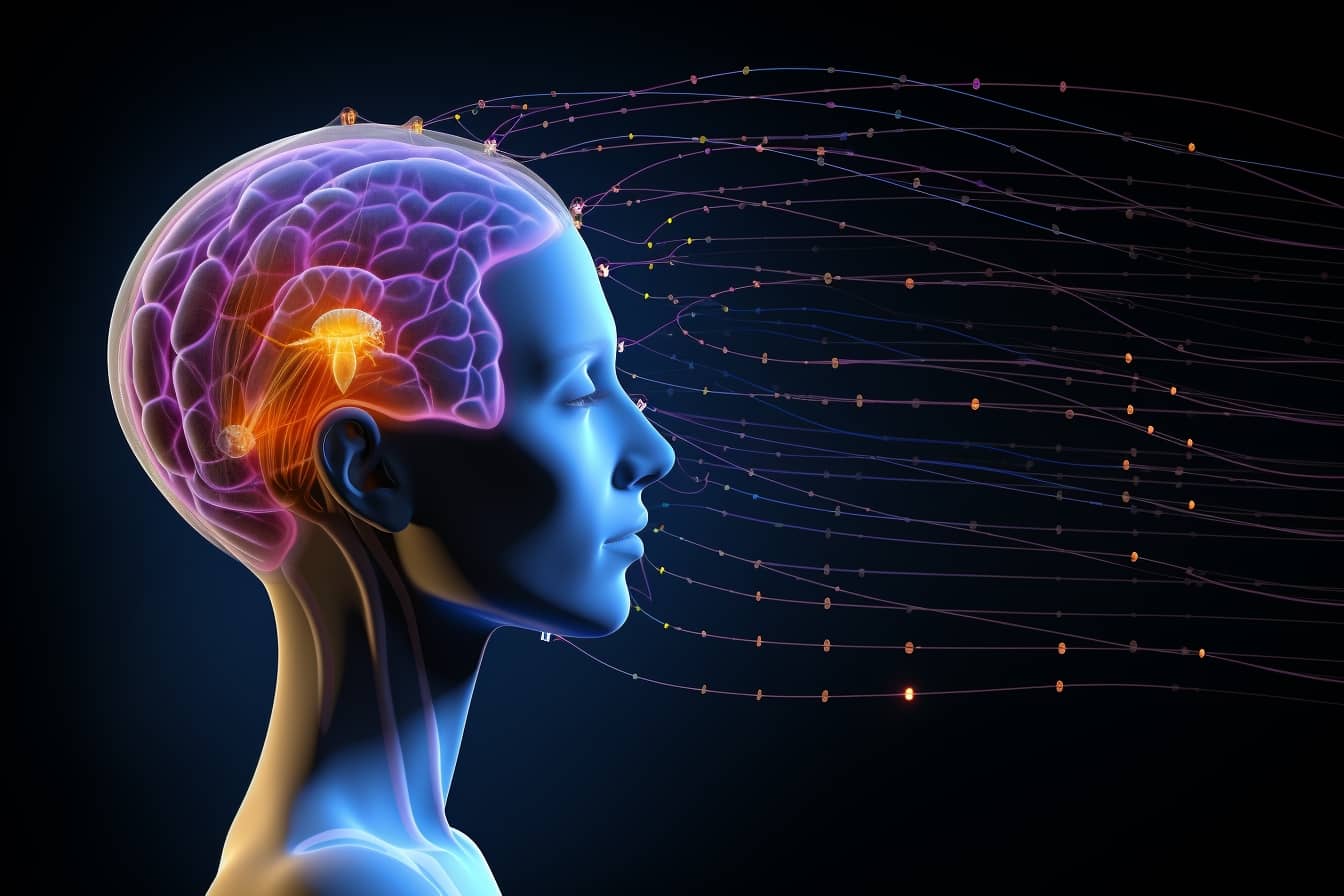If we were to use a metaphor to describe the mystery of brain human, we could imagine it as an ancient laboratory. Inside, a vintage radio with five distinct channels: they do not broadcast music or news, but different mental states. One of these channels transmits Theta waves.
These waves, for years, have been like a mysterious melody that has piqued the curiosity of scientists. But today, we seem to be on the way to deciphering this conundrum and understanding the crucial role of theta waves in memory and creativity.
Theta Waves: The Brain's Secret Key to Memory and Creativity?
The “channels” in our metaphor are actually electrical oscillations, or brain waves, generated by neurons that coordinate throughout the brain. Some of these waves are fast and intense, associated with times when we are awake and thoughtful. Others are more relaxed, associated with deep, restful sleep.
Among all these waves, there is one oscillation that has always been an enigma: Theta waves. These waves manifest themselves both when we are awake and when we sleep. For decades, they have posed a puzzle to neuroscientists eager to decipher their functions. Theta waves, for example, have been found to help mice orient themselves in mazes and also support memory in humans.
But where do they come from? And why are they so important?
Theta and memory: An unexpected link
Our ability to navigate complex environments and maintain memory declines with age. A particularly pronounced decline in people with Alzheimer's. By identifying and enhancing the source of the Theta waves we could use techniques such as neurostimulation to slow this cognitive decline. And not only.
A recent one studio published Neuron (I link it here) has taken a step forward in this direction.

A virtual journey into the brain
A team led by Dr. Arne Ekstrom ofUniversity of Arizona recruited volunteers with epilepsy, who already had electrodes implanted in their brains to identify the source of the seizures.
Participants were challenged to orient themselves in a shopping center reconstructed in virtual reality. After familiarizing themselves with different stores and their locations, they were asked to do a mental simulation of the route from one store to another. During this activity, the presence of theta waves suggested that the brain internally generates these waves using memory.
An ocean of brainwaves
Our brain operates on many electrical frequencies. Like the waves of an ocean, these brain oscillations rise and fall at different frequencies, representing different mental states. The beta waves, for example, occur when the brain is fully engaged, such as during an intriguing conversation. The alpha waves they are slower and occur when we are relaxed.
And then there are, as mentioned, the theta waves. Waves linked in some way to creativity, improvisation, moments of deep reflection or meditation.
With each new research we come closer to unlocking their secrets. Thanks to this latest study, perhaps we can one day use these waves to enhance our memory, our creativity and, ultimately, our understanding of ourselves.


